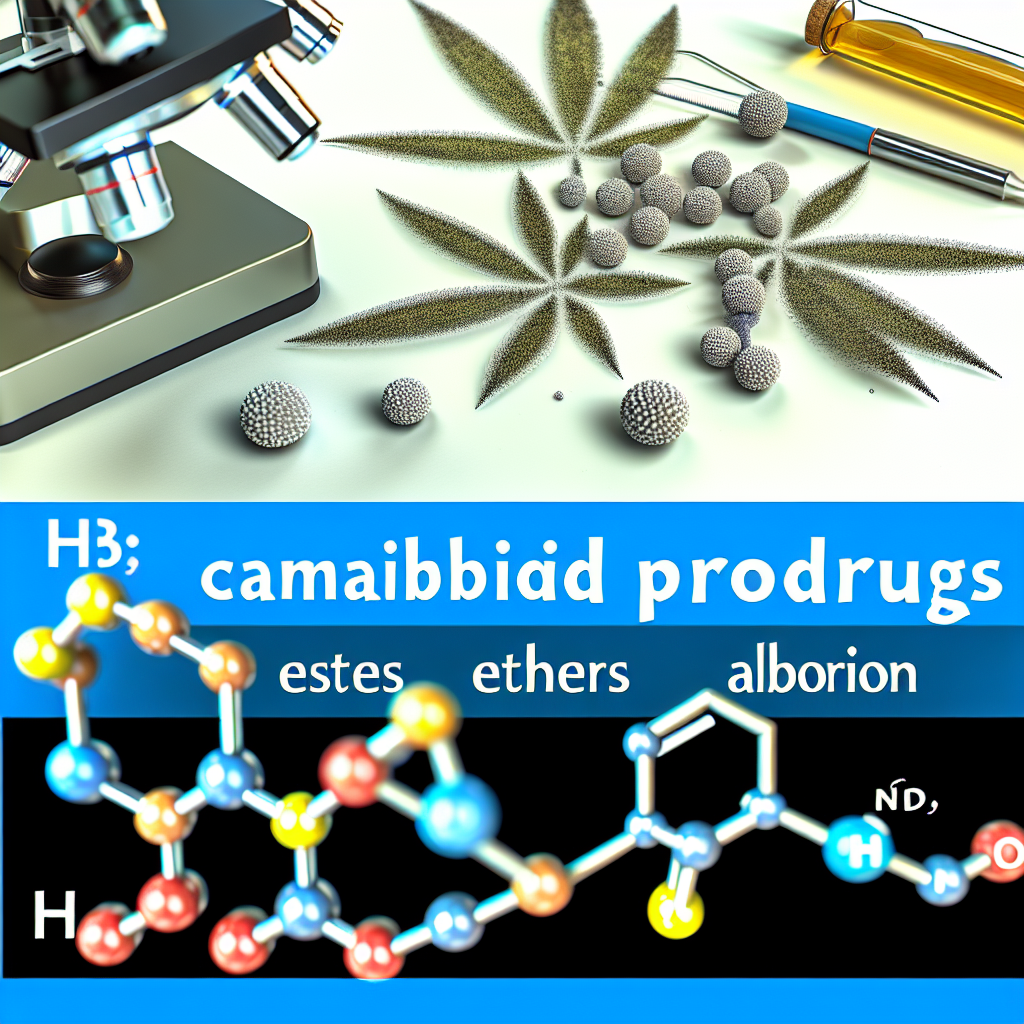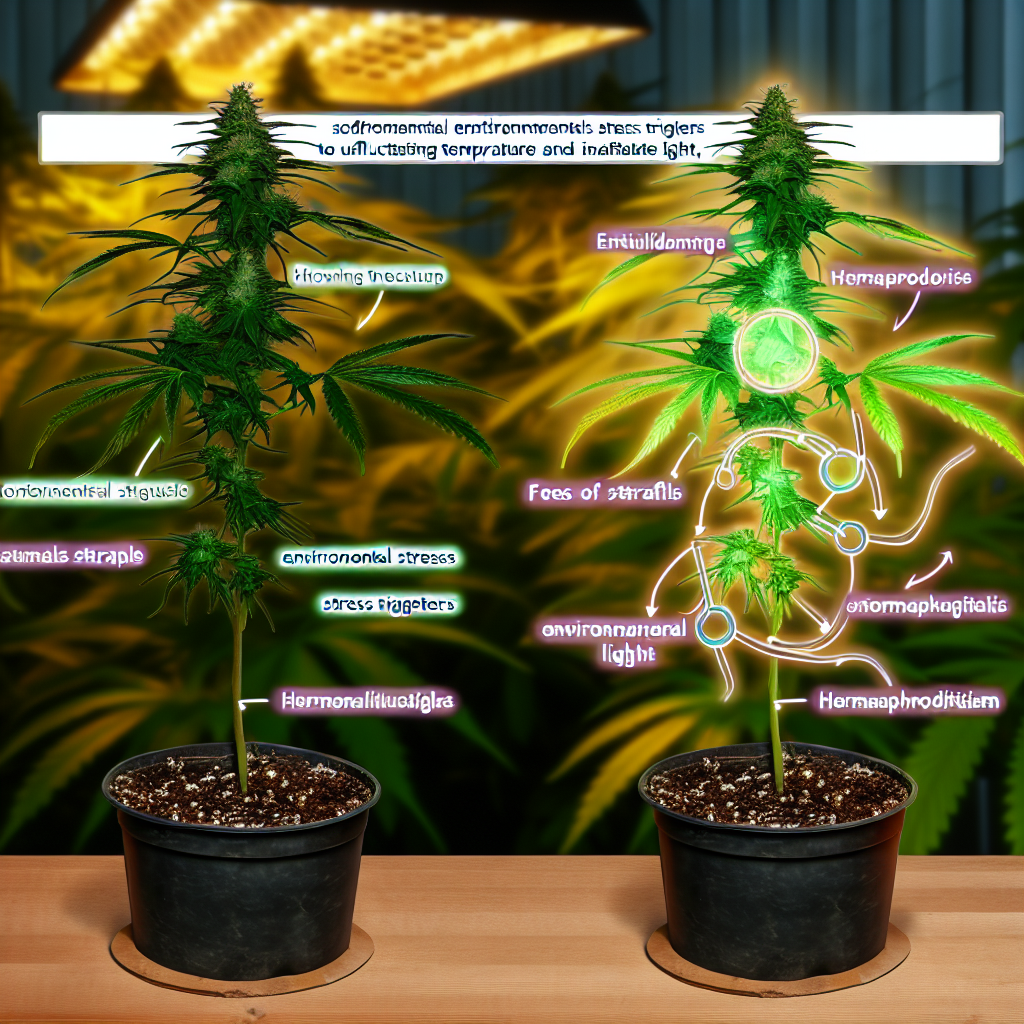Cannabinoid Prodrugs – Designing Esters and Ethers for Improved Stability and Absorption
Introduction
The therapeutic potential of cannabinoids such as THC (tetrahydrocannabinol) and CBD (cannabidiol) continues to drive innovation in both pharmaceutical and cannabis research. These compounds offer promising medical benefits, including analgesic, anti-inflammatory, anxiolytic, and antiepileptic effects. However, their therapeutic value is hampered by inherent challenges such as poor water solubility, limited oral bioavailability, and chemical instability. These limitations hinder efficient absorption and delivery of cannabinoids to target tissues.
To overcome these barriers, researchers are increasingly turning to prodrug strategies, specifically through the synthesis of cannabinoid esters and ethers. Prodrugs are inactive derivatives designed to release the active compound within the body via enzymatic or chemical transformations. This approach enables enhancement of the parent molecule’s physicochemical characteristics and improves its pharmacokinetic behavior.
By conjugating cannabinoids with carrier molecules through ester or ether bonds, scientists can drastically improve water solubility, protect against metabolic breakdown, and increase uptake in the gastrointestinal tract. Esters are formed by combining acids and alcohols and can be tailored for release profiles and tissue specificity. Ethers involve linking hydrocarbon groups through oxygen and provide increased metabolic stability in certain contexts.
Recent research has demonstrated that prodrug formulations can extend the half-life of CBD and THC, enabling more stable and predictable therapeutic effects. These innovative designs support alternative delivery routes—such as transdermal, sublingual, or intravenous—thus broadening their clinical deployment. For example, CBD esters significantly enhance aqueous solubility, which supports their inclusion in oral drug formulations. Additionally, these prodrug strategies help bypass first-pass metabolism, a major challenge associated with orally delivered cannabinoids.
The intersection of medicinal chemistry, enzymology, and cannabinoid science is leading to a paradigm shift in cannabinoid-based therapies. As the cannabinoid sector evolves in tandem with the pharmaceutical industry, such advancements promise safer, more effective, and highly customizable formulations.
Features – Research Highlights and Advances in Cannabinoid Prodrugs
The scientific community has made notable strides in the development of cannabinoid prodrugs, particularly using ester and ether derivatives to enhance drug delivery and therapeutic efficacy.
A groundbreaking study published in the journal Molecules (2017) demonstrated that synthesizing CBD ester prodrugs—such as CBD-valinate ester—improved not only solubility but also intestinal permeability in the Caco-2 cell model. This indicated a marked improvement in potential oral bioavailability, an essential criterion for effective cannabinoid therapies.
Likewise, a 2020 study by McLachlan et al. utilized liver microsomal enzyme models to assess the metabolic breakdown of various cannabinoid esters. The results were promising, revealing that esterified molecules had longer circulation times and reduced hepatic metabolism. Particularly, THC-hemisuccinate—a semi-synthetic ester of THC—showed pronounced effects in minimizing psychoactivity while delivering effective symptom relief. This compound has even advanced into clinical trials for palliative care.
Though less prevalent in the literature, ether prodrugs are emerging as viable alternatives for neurotargeting. A pharmacokinetic investigation published in the Journal of Controlled Release (2019) detailed how CBD ether derivatives achieved higher brain-to-plasma concentration ratios, offering promise for treating conditions like epilepsy, multiple sclerosis, and neurodegenerative diseases.
Pharmaceutical firms are also exploring these innovative technologies. Zynerba Pharmaceuticals is pioneering transdermal cannabinoid delivery systems, developing a CBD-based gel that leverages prodrug chemistry for enhanced dermal absorption. Their formulation avoids common spikes and crashes in blood concentration seen in oral dosages, and early-stage clinical trials have yielded encouraging data in terms of both efficacy and safety.
These delivery innovations are essential in transitioning cannabinoids from recreational use to standardized therapeutic applications. With growing support from data-backed clinical studies, cannabinoid prodrugs are gaining credibility in the eyes of regulatory agencies like the FDA.
Conclusion
The forward momentum in cannabinoid medicine lies in the development of advanced drug delivery systems. Prodrug approaches using esters and ethers offer a compelling solution for the shortcomings of native THC and CBD. By enhancing drug solubility, pharmacokinetics, and targeted delivery, medical professionals can administer cannabinoids that are both more effective and customizable. As regulatory frameworks adapt and scientific validation continues, prodrug-based formulations may soon become the industry standard in cannabinoid-based pharmaceuticals.
Concise Summary
Cannabinoid prodrugs represent a transformative advancement in medicinal cannabis. By converting THC and CBD into esters and ethers, researchers have enhanced their solubility, stability, and absorption, overcoming limitations of native cannabinoids. These strategies improve oral bioavailability, extend half-life, and enable targeted delivery via various routes, including transdermal and sublingual. Recent studies show promising findings, such as improved brain permeability and reduced psychoactivity. Prodrugs offer a path toward consistent, safe, and effective therapies, reinforcing their emerging role in mainstream cannabinoid pharmaceutical development.
References
1. Molecules Journal – Cannabinoid Ester Derivatives Improve Permeability
2. PubMed – THC-Hemisuccinate in Clinical Palliative Applications
3. Journal of Controlled Release – CBD Ether Derivative Pharmacokinetics
4. Zynerba Pharmaceuticals – CBD Prodrug Transdermal Gel




